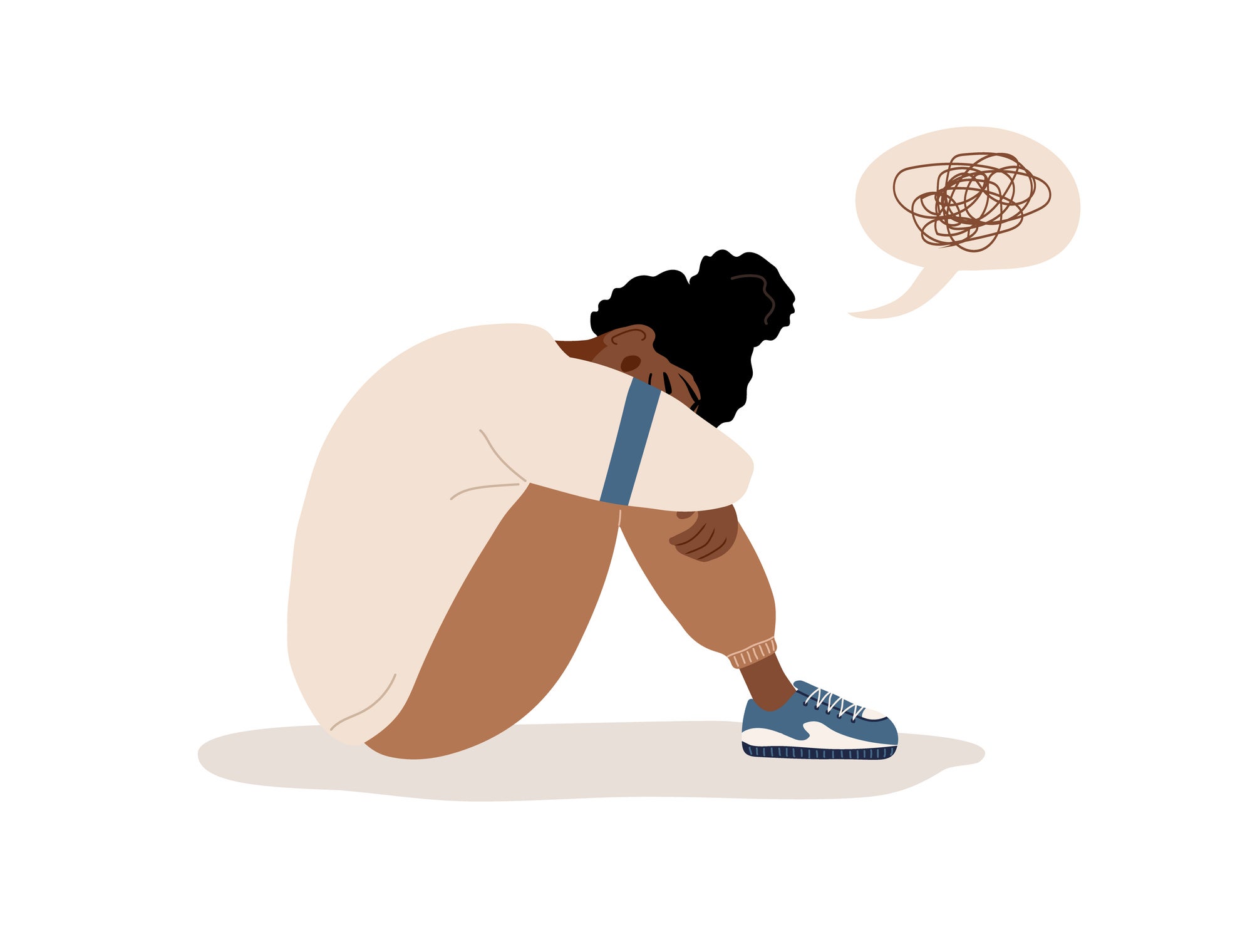Adolescents’ use of mental health services unequal across racial groups

Adolescents belonging to racial minority groups are significantly less likely to receive mental health care than white adolescents, according to a new study led by Harvard T.H. Chan School of Public Health.
The study was published June 18 in JAMA Network Open. Yanlei Ma, research scientist in the Department of Health Policy and Management, was the lead author.
Prior studies, conducted before the COVID-19 pandemic, found racial and ethnic disparities in the use of mental health services among teens. Since then, mental health disorders have become more common among adolescents across racial groups. At the same time, mental health care delivery has changed significantly, with increased government investment in school mental health services and the growth of telehealth. Researchers sought to determine the impact of these changes on the previously observed disparities.
Using data on adolescent mental health care collected between 2022 and 2023 by the National Survey on Drug Use and Health, the researchers analyzed mental health services usage and outcomes among 23,541 teens ages 12-17.
The study found that white teens were far more likely to access mental health care than racial minority teens. Across all mental health care settings, nearly 32% of white adolescents had visited a mental health care provider compared to 22% of Black adolescents, 24% of Asian adolescents, and 26% of Hispanic adolescents. Similar disparities were found regarding telemental health visits, as well as other aspects of mental health care. For example, 17% of white adolescents received a mental health prescription medication compared to 4% of Asian adolescents, 8% of Black adolescents, and 10% of Hispanic adolescents.
According to the authors, “These findings highlight the need to improve mental health access for adolescents in minority racial and ethnic groups.”
The authors said it was notable that that there were no disparities in teens’ receipt of mental health services from support groups or peer support specialists and recovery coaches. “Enhancing culturally relevant, community-based group and peer services tailored specifically to adolescents in racial and ethnic minority groups may offer an approach to support minoritized youth populations as they seek services,” the authors wrote.
Read the study
Racial and Ethnic Differences in Mental Health Service Use Among Adolescents
Read about the study in HealthDay
Racial, Ethnic Differences Seen in Teens’ Use of Mental Health Services


